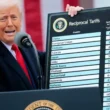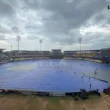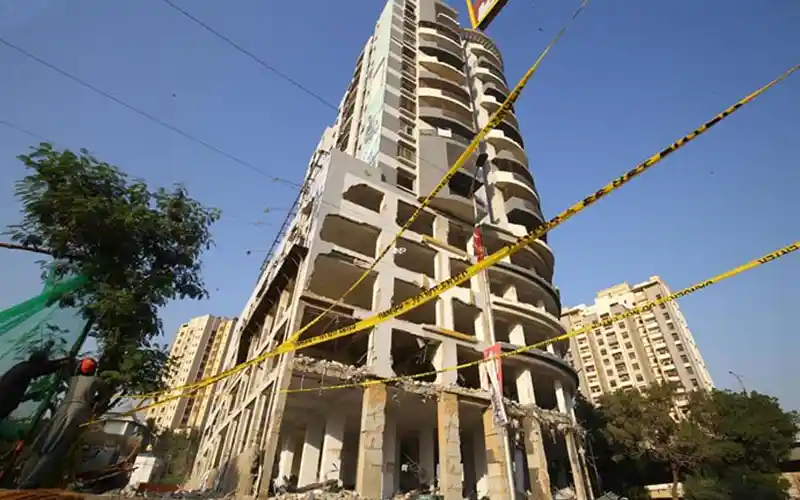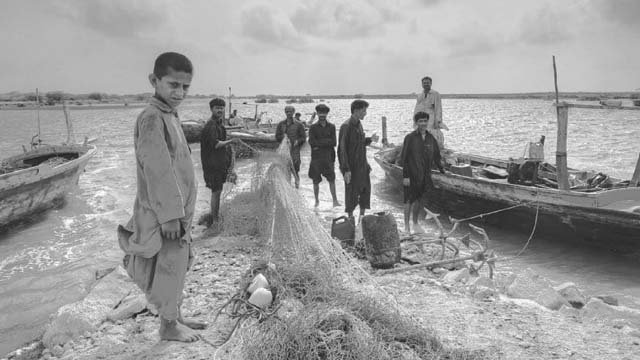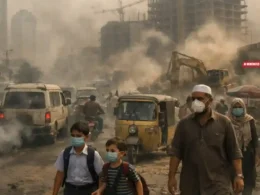The Sindh Building Control Authority (SBCA) has demolished or sealed over 7,400 illegal constructions in Karachi since 2020, Director General SBCA Muzamil Hussain Halepoto revealed during a briefing.
A seven-member delegation from the 16th Special Training Program (STP) met the DG at SBCA headquarters, where he shared the Authority’s history, structure, and regulatory framework for construction across Sindh.
He informed that the Sindh Building Control Authority evolved from the Karachi Building Control Authority (KBCA) in 2011 and now operates under the Sindh Building Control Ordinance 1979 to enforce building regulations.
DG Halepoto explained that SBCA’s core responsibilities include granting construction and demolition permits, approving architectural plans, issuing occupancy certificates, and licensing professional architects, engineers, and developers.
READ: SBCA launches crackdown on 504 illegal buildings across Karachi
He noted that the authority had sealed or demolished more than 7,400 illegal constructions in Karachi since 2020 as part of its ongoing campaign against violations of approved building codes.
The visiting officers were also briefed on SBCA’s digital transformation initiatives, including the World Bank-supported Single Window Facility that allows online submission and approval of building plans within 15 days.
DG Halepoto highlighted the One Window Cell for Public Sale Projects, which has streamlined processes for builders and developers while ensuring compliance with planning and safety standards.
He discussed the Smart SBCA Complaint Redressal System that enables citizens to file and track grievances online or through a dedicated mobile application, promoting greater transparency and accountability.
The Director General also shared updates on the re-survey of dangerous and heritage buildings, the proposed SBCA Act 2025, and institutional strengthening for efficient urban governance across Sindh.
The delegation appreciated SBCA’s efforts, acknowledging its reforms, efficient service delivery, and strong enforcement measures designed to promote lawful and sustainable construction practices in Karachi and other cities.


